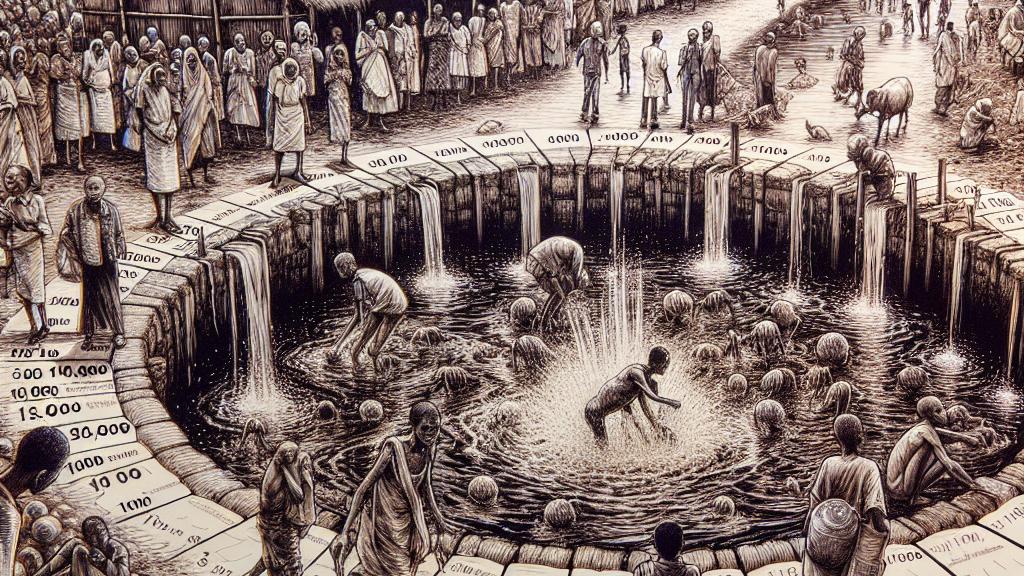Sudan Faces Cholera Outbreak Amid Ongoing Conflict and Flooding
Overview
- A devastating cholera outbreak has surged through Sudan, leading to the tragic deaths of over 388 individuals in a mere two months.
- Ongoing warfare and relentless flooding worsen the already dire sanitation conditions, significantly raising the risk of disease spread.
- Humanitarian efforts are essential to alleviate this crisis, yet immediate and extensive aid is urgently required to combat the looming health threats.

Cholera's Alarming Toll in Sudan
In Sudan, a cholera outbreak has escalated into a major public health emergency, claimed tragically over 388 lives and affected approximately 13,000 individuals within just two months. The cholera bacterium thrives in unsanitary conditions, typically spreading through contaminated water and food, and the recent floods have only worsened this situation. Areas like Kassala and al-Qadarif have been heavily impacted, transforming floodwaters into dangerous breeding grounds for this disease. Recent reports emphasize how untreated cholera can cause severe dehydration, leading to death within hours—a stark reminder of the urgent need for healthcare interventions. Therefore, the escalating death toll underscores an urgent call for action.
Impact of Conflict and Flooding
Since the violent conflict began in April 2023, Sudan has plunged into chaos, resulting in tremendous human suffering. The clashes between the military and paramilitary forces have brought about at least 20,000 fatalities and displaced around 13 million, making it one of the largest displacement crises. Moreover, seasonal flooding has wreaked havoc, destroying homes, and further complicating humanitarian access. For instance, countless families find themselves sheltered in makeshift camps, often surrounded by floodwaters that threaten to expose them to diseases like cholera. This combination of conflict and environmental disaster creates a precarious situation that leaves residents struggling to find safety, food, and clean water.
Humanitarian Response: A Race Against Time
In the midst of this crisis, various humanitarian organizations have mobilized desperately needed resources to combat the cholera outbreak and meet the urgent needs of affected populations. For example, extensive vaccination campaigns have been executed in regions such as Gedaref, where nearly 98% of the targeted population has received the vaccine. However, these efforts face significant challenges—continuous violence restricts the delivery of critical aid and sanitation services. Moreover, the dedicated humanitarian workers courageously navigate perilous conditions to provide life-saving assistance to those affected. The international community’s support is crucial; as millions endure hunger and health threats, the call for immediate action reverberates through Sudan. It is vital to respond and provide aid as promptly as possible, as this situation is both a humanitarian crisis and a moral imperative.

Loading...